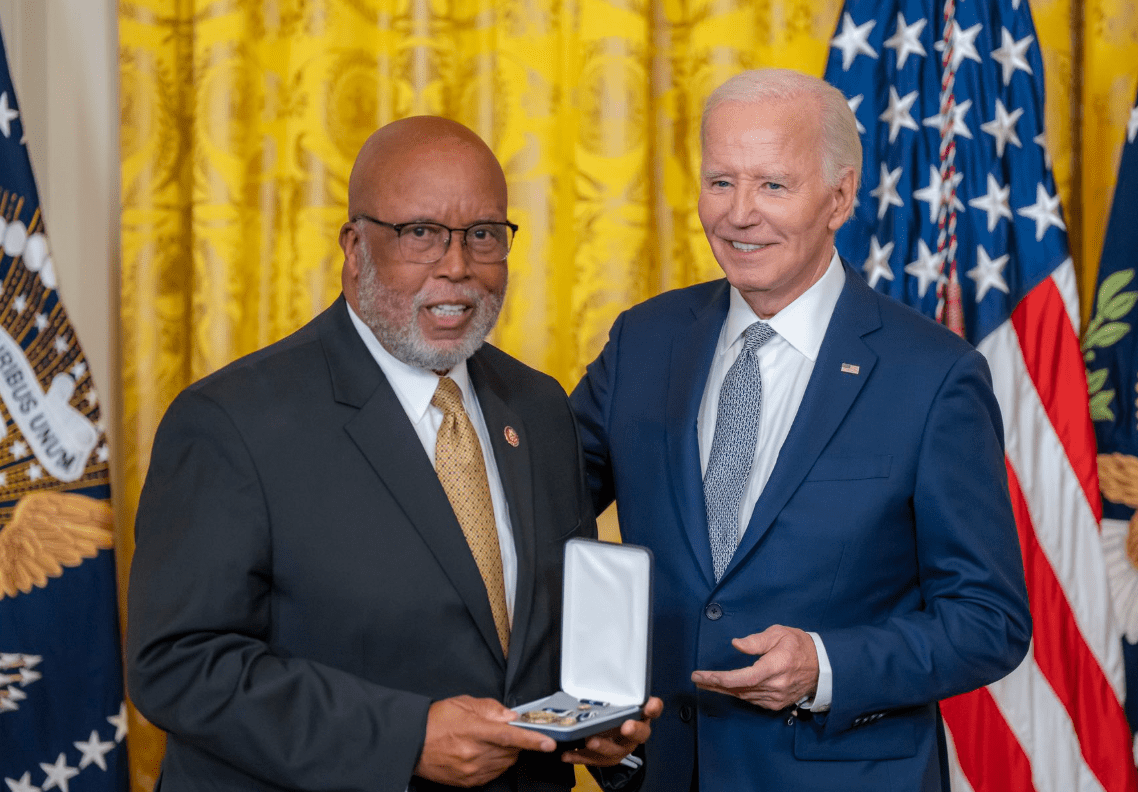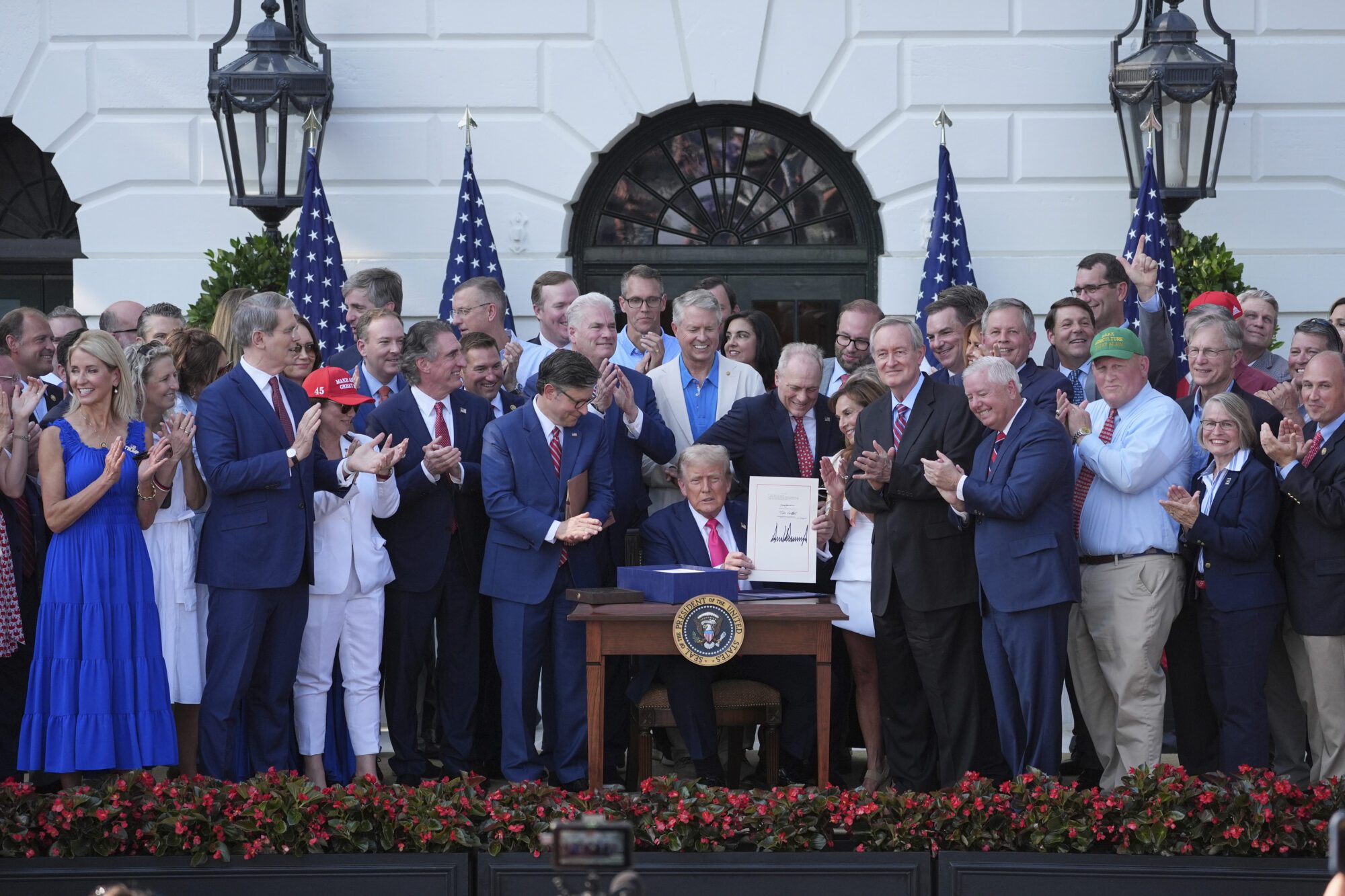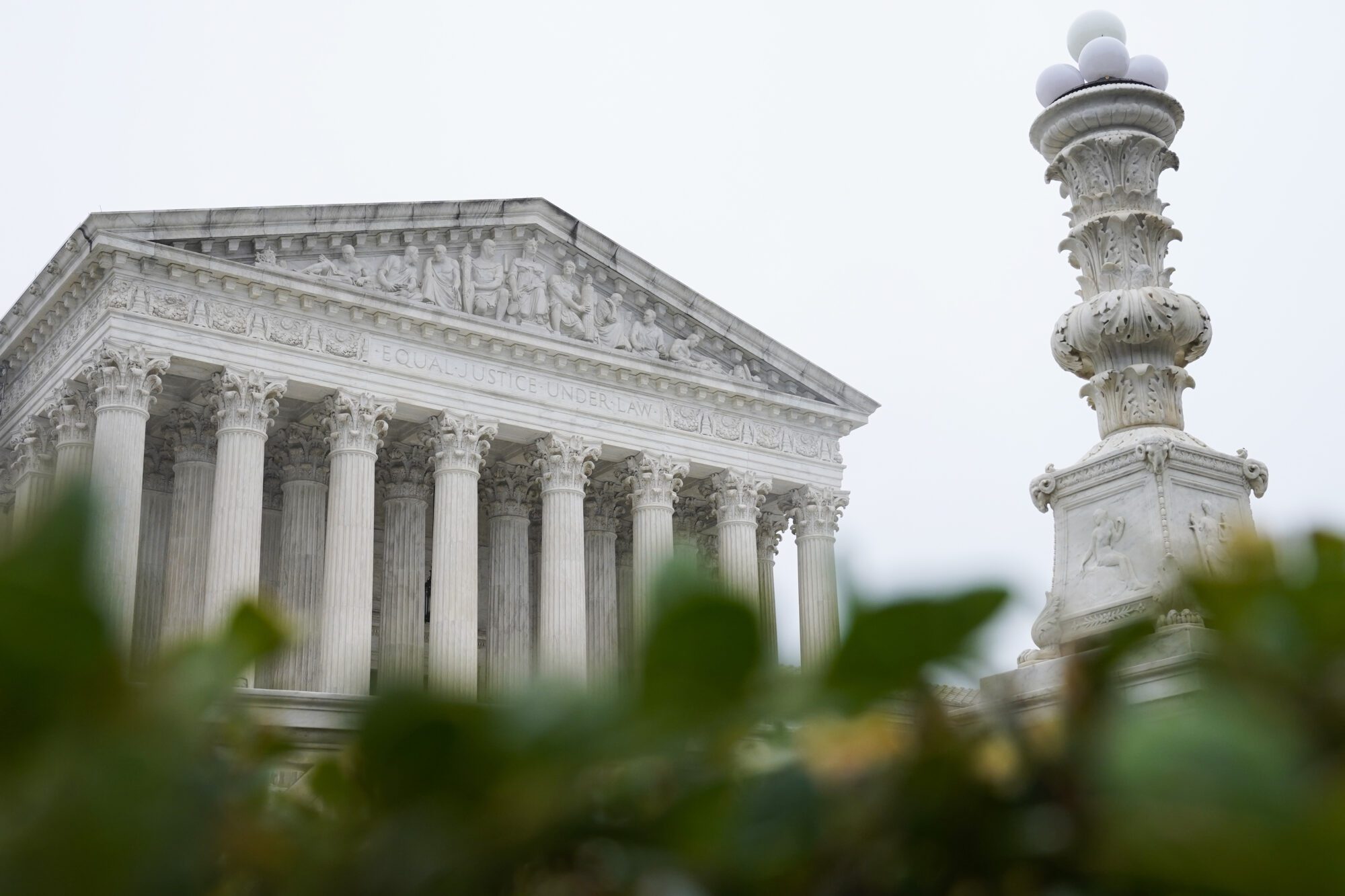
As local and state governments grapple with the impact of the coronavirus response on its budgets, schools, and public services, officials must resist the notion to close public meetings out of fear of contamination or community spread.
Conducting the business of cities, counties and the state among the people is essential to good governance and ensures that public policy is debated in a manner that is directly accountable and responsible to the citizens. This means such forums can be downright nasty at times – literally and figuratively – yet, that is the function of government in this republic.
In the rush to assuage fears amid this pandemic, some governmental entities are considering closing City Halls and County Courthouses to the public, allowing only the elected officials and their staffs to meet and discuss public business.
Others are only allowing those with specific business before the board to come into the chambers.
Still others are closing their meetings to the public altogether and choosing instead to attempt to stream meetings on a social media platform like Facebook or YouTube, as if that is an adequate substitute for holding a public meeting.
Social media may be good for many things, but it is not a replacement for press and public access open meetings of elected officials.
While some in the public demand live streaming from their city or county meetings, it is not a platform that provides the type of engagement from the public open meetings allow. The potshots and half-truths that flood the comment sections of these videos are not productive and would not be tolerated in an open meeting; most are not read or considered by the public body as the officials are meeting and cannot practically go through the comment feed.
Arguably, most such comments would not be said by the authors in the public meeting if they actually bothered to show up and address those boards in the first place; they are merely an off the hip reaction with little to no context.
Public meetings are designed to temper such a mob mentality. They allow for a healthy dialogue between citizens and elected officials in hopes of finding common ground. They provide direct access to the elected officials and allow public business to be aired in full display without the conspiracy of it being hidden or edited outside the view of citizens. Public meetings rein in the rumors and provide an outlet for fact.
Further, there is no statutory allowance for public meetings to be held only via video feed in Mississippi law, nor is there a requirement for public meetings to be live streamed.
Mississippi’s Open Meetings Act states, “It being essential to the fundamental philosophy of the American constitutional form of representative government and to the maintenance of a democratic society that public business be performed in an open and public manner, and that citizens be advised of and be aware of the performance of public officials and the deliberations and decisions that go into the making of public policy, it is hereby declared to be the policy of the State of Mississippi that the formation and determination of public policy is public business and shall be conducted at open meetings except as otherwise provided herein.”
The Act does provide for members of the public body to conduct a meeting through teleconference or video “…provided that the equipment used is located at the place where the public body normally meets or at a public location specified in any notice of a special meeting…” but it does not require public meetings to be live streamed or recorded for public viewing.
It would be advisable for local officials to follow the lead of Lt. Governor Delbert Hosemann and Speaker Philip Gunn in these times if officials are concerned for public health at their local city, county or school board meetings.
While it may be an extraordinary step to suspend the legislative session and send members of the Mississippi Senate and House home until this threat passes, it is a far better move to take that action than to have decided to conduct the people’s business under the shadow of a closed Capitol that restricted public access, limited the press, and caused the people only to see what the cameras showed them on a live feed from the balconies.
Local officials should make open meetings a priority and when times like these inhibit that foundational tenet of American representative democracy, those meetings should be recessed until such a time that is better suited to conduct the public’s business with their peers in person, face to face.
Citizens should demand open meetings, especially when emergencies arise, and should not be lulled into a false sense of security by relying on what can be seen on Facebook or YouTube. Civic engagement remains the only means of holding elected officials accountable, even if it comes with risks.











